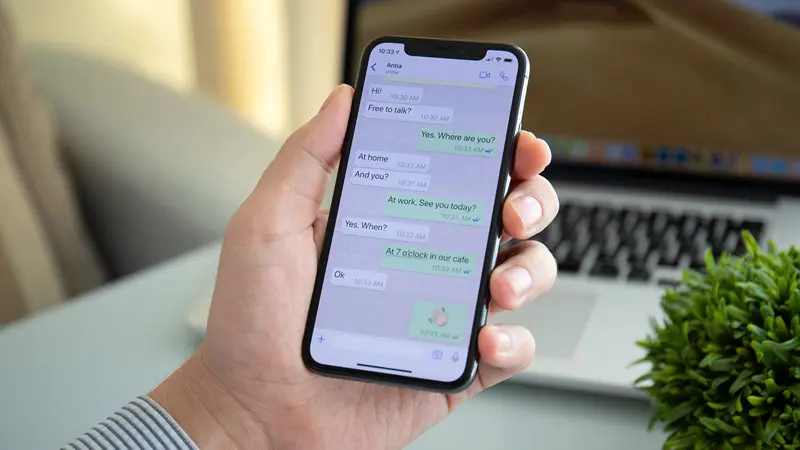WhatsApp Ban, WhatsApp Ban India, India WhatsApp Ban, Supreme Court WhatsApp Ban India: Meta's WhatsApp has been facing the heat of the Government of India to break its end-to-end encryption for quite some time now. WhatsApp has already threatened the Central Government that it will close its operation in India if it is forced break its end-to-end encryption. While the case is still subjudice, a Kerala Software Engineer recently filed a PIL demanding WhatsApp Ban in India. On Thursday, the Supreme Court of India has responded to the WhatsApp Ban India controversy while hearing the PIL. Below is what happened-
What did Supreme Court say about WhatsApp Ban in India?
The Supreme Court of India junked the PIL demanding a ban on WhatsApp in India. As per Live Law, the PIL was heard in the apex court by a bench of justices M.M. Sundresh and Aravind Kumar. A techie petitioner named Petitioner Omanakuttan KG had moved to the Supreme Court with his PIL demanding WhatsApp Ban after Kerala High Court's rejection. The Kerala HC had rejected the WhatsApp Ban PIL by calling it 'too premature'.
The Supreme Court on the other hand rejected the PIL saying that it cannot issue directive to ban WhatsApp in the country.
What did Petitioner Omanakuttan's PIL say?
Petitioner Omanakuttan had demanded ban on WhatsApp as it does not comply with India's amended IT Act 2021. The petitioner also claimed that there was a wide scope of manipulation at the user end and that it was not viable to trace the origin of a message being circulated on the application.
“If the app was not willing to change its technology and did not cooperate with the government, it should not be allowed to operate in the country. The Centre had banned many websites and mobile apps for acting against the interest of the country,” the plea said.
Why WhatsApp is threatening to leave India?
As per April 2024 reports, WhatsApp and Meta filed a plea challenging India's 2021 IT rules for social media intermediaries, particularly objecting to the requirement to identify the initial source of information in the Delhi High Court. Tejas Karia, representing WhatsApp, told the court, "If we are told to break encryption, then WhatsApp goes."
